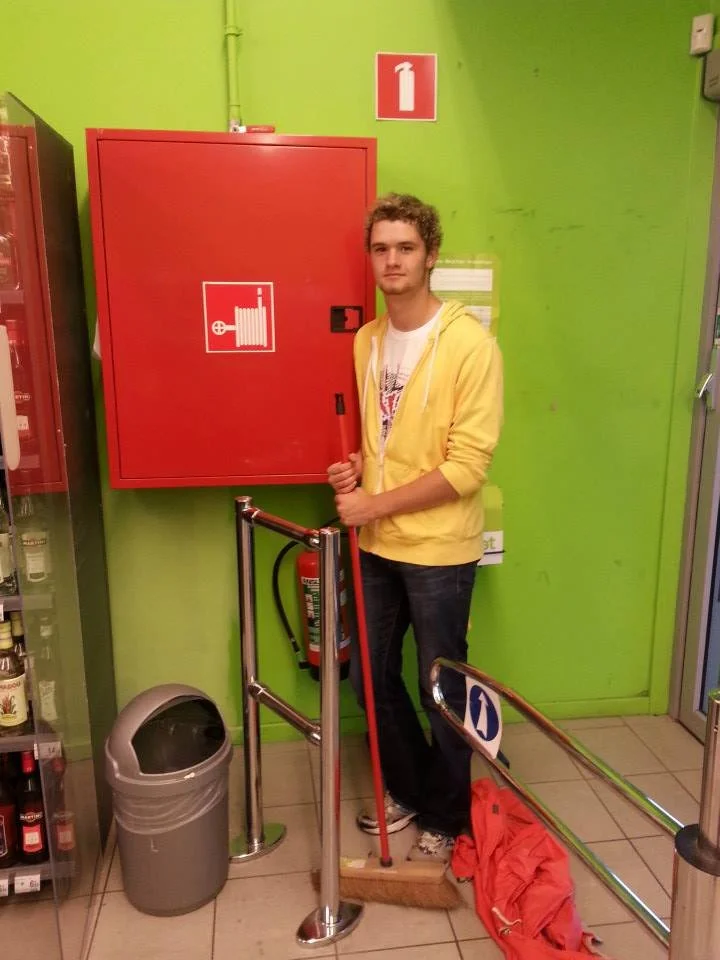I don’t want to work in global health or global development. I want global poverty to end.
I’ve noticed over the past few years a bunch of ways in which people have subtly encouraged not to give voice to big dreams. I think the cumulative effect of all this is bad for me, and probably also bad for other people who are in similar circles to me.
—
For the most part, the people I work with in consulting are either people fresh out of college who don’t know what they want to do with their lives, or people fresh out of MBAs/PhDs who are doing a mid-career pivot. Neither of these groups of people are (broadly speaking) full of individuals who are single-mindedly pursuing a dream. They’re people who want to figure out what kind of career they want to have.
Friends, both from work and not from work, don’t love their jobs but continue at them because they think they will lead to something better, or because they’re fine spending a large amount of their time working for something they don’t love.
Partially as a result of not liking their jobs, they put a heavy importance on work-life balance. This encourages me to think “this time that I’m not being productive is good for me, and actually I shouldn’t want to work so hard.” It’s understood that you have to sacrifice if you want to achieve something great. But because many of us at our core aren’t driven to actually achieve whatever it is we’re working for (in my case, bringing value to the client), we don’t want to sacrifice too much.
Lots of people I talk to speak about entertainment as a passion. They get extremely excited when talking about a great restaurant they’ve been to or a great weekend trip they’ve taken. There’s an assumption that everyone is binging Netflix during quarantine, and people say things like “Ah I haven’t seen ‘Westworld’ yet — I should really watch it,” as if they’re missing out on life by having not seen it.
People apply to MBA programs because it’s the next step, buy a Peloton with their bonus, and refine their wine palates because they want to expand the horizons of the pleasures they can experience (1).
—
Each of these things are fine and maybe even good in themselves! It’s fine to not know what your life’s work is, work life balance is important (especially if you don’t love your job), and I love watching movies. But the cumulative effect of all of this, combined with a lack of most people in my circles truly pursuing passions, discourages me from being idealistic about what I live and work, and work hard, for. And so I say things like “I’d like to try working in global development or global health” because that makes it sound like the next logical career step.
Phrasing my goals this way makes sense. Maybe that’s the kind of work that I will find satisfying or impactful, so that I will like my job. Maybe development work will help me build some skills that will serve me well later in my career. Or maybe living in a foreign country will expose me to great natural beauty, and what non-American lives and cultures are like, which will be an enriching experience.
And honestly, all those things will be nice. But at my core — or at least what I hope and act like is my core — I really don’t care about what experiences or skills I have, and my goal isn’t to feel that my career is satisfying or impactful.
What I care about is that 600+ million people in the world live on less than $1.90 / day and that 5 million children per year die before the age of 5. And my goal is for that to stop.
That’s ~8% of people and ~4% of births. Based on UN projections, by the time I die at the ripe old age of 103, the extreme poverty rate could be far below 5%, and the under-five mortality rate could be 1%. My life’s work is to accelerate the downward slope of those lines as much as I can. I hope I am willing to work hard and sacrifice to make that happen.
I think this kind of idealism is important in order to get things done that matter. We should be excited at the opportunity we have in living to make a difference, both because it makes life more enjoyable, and because it will make you better at what you do.
I want to move closer to Neal Stephenson’s ideal of the business founder: “After taking vows of celibacy and abstinence and foregoing all of our material possessions for homespun robes, we (viz. appended resumes) will move into a modest complex of scavenged refrigerator boxes in the central Gobi Desert...On a daily ration consisting of a handful of uncooked rice and a ladleful of water, we will [begin to do stuff].”
I probably won’t be able to work as hard as I should, or be willing to sacrifice as much as is demanded of me. But I’m at least going to stop pretending that the main thing driving me is to have a nice career when there is real stuff to do in the world — real problems that I can devote myself to solving.
1. Sorry for the super bougie examples — there are definitely less expensive ways to make the next step or broaden the horizons of pleasure you can experience. But I find it especially demoralizing when people spend a lot of money on these things.


